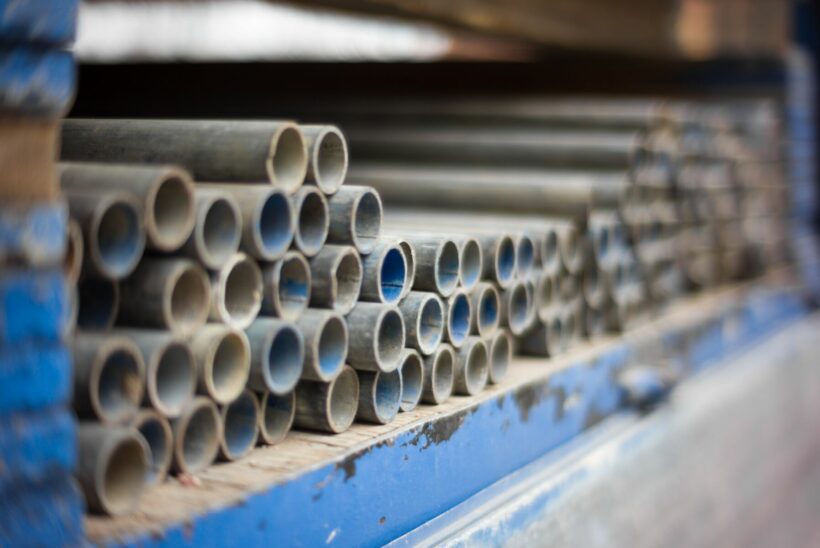Thai steel producers brace for higher production costs, slower market

Thailand steel producers are preparing for the fallout of higher steel prices and growing demand from Asia in the wake of Russia’s invasion of Ukraine.
Within a week, the world market price of steel billet rose to roughly US$800 per tonne, up from $650 per tonne, EAF Long Product Steel Producers Association committee member Pravit Horungruang told the Bangkok Post.
“In Thailand, steelmakers have adopted risk management. They are using stocks purchased before the war, so there is no need to increase domestic steel prices even as global prices rise.”
Notably, steel factories in Ukraine and Russia have closed, cutting off exports from two of the worlds largest steel producers.
“Many countries want to buy more steel from other producers, especially those in Asia. But it is difficult to do so because steelmakers in the region are committed to purchasing orders they received before war broke out.”
Steel manufacturers in Thailand are debating how the war will affect domestic steel prices while energy costs continue to rise. Earlier this week, global oil prices rose to nearly US$130 per barrel.
With the war having no end in sight, fuel prices are projected to continue rising. As a result, steel production and export costs are expected to fluctuate greatly with increasing fuel prices globally, which will affect transportation costs along the supply chain.
Meanwhile, the Thai government is reportedly monitoring steel prices closely to prevent sudden price increases, in hopes that local steel producers won’t stockpile their goods.
The annual global use of all types of steel is 1 billion tonnes, of which China consumes a significant amount. China imports steel from countries to support its construction projects, which contribute to its yearly economic growth.
New export contracts with Thailand’s northern neighbour would be a boon for local steel producers looking to mitigate profit losses, resulting from a pause in steel purchases due to “sticker shock” at the rising prices.
SOURCE: Bangkok Post
Latest Thailand News
Follow The Thaiger on Google News:


























